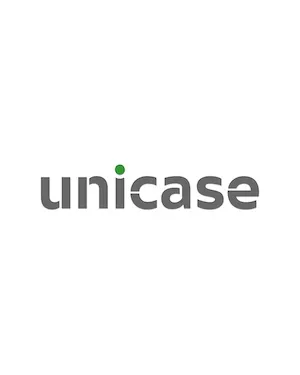The need to modernise heating networks and the question of adopting a new law on "thermal energy" have been on the table for a long time. There are a number of issues in this sector, in particular, high degree of wear of the main equipment (CHPPs and boiler houses); high losses in heating networks; environmental issues etc.
At the present time, the most acute problems of this field include:
- insufficient regulatory framework;
- regulation of activities on the organisation and functioning of heat supply at all levels of the executive power;
- the lack of the possibility of taking effective control measures to prevent and mitigate emergency situations;
- insufficient level of consumer protection;
- low investment attractiveness of the heating sector.
At this time, there are several legal acts that regulate the heating sector.
The main law that regulates thermal energy is the Law on Electricity of the Republic of Kazakhstan dated July 9, 2004 No. 588 (the "Electricity Law"). Still, the matters such as production, transmission and distribution of thermal energy, including the energy from RES are not fully covered by this law. The Electricity Law does not cover most of the technical aspects which connected to the heating sector.
The second piece of law is the Law on energy saving and energy efficiency dated January 13, 2012 No. 541-IV (the "Energy Savings Law"). This law defines some basic rights and obligations of entities and consumers on energy saving issues. However, the Energy Savings Law does not contain incentive tools for the players of the market.
Finally, yet importantly, the Law of the Republic of Kazakhstan "On Natural Monopolies" dated December 27, 2018 No. 204-V? addresses the main issues of tariff regulations.
The abovementioned legal acts only partially cover heat supply issues, but still, they do not define technical aspects of the sector and do not give a clear vision of the rights and obligations of the sector players.
The current legislation also does not define a responsible authorised body for the heating sector. For example, there is no state body which determines the rules for organising heat supply: on what principle should heat supply networks be built, what conditions should be taken into account, or which consumers are the priority when connecting.
The responsibilities are divided between several state bodies: the Ministry of Energy (MoE), the Ministry of Industry and Infrastructure Development (MIID), as well as the Committee for Regulation of Natural Monopolies of the Ministry of National Economy of the Republic of Kazakhstan (CREM). Akimats also plays important role in relation to the utility company.
As has been observed, there is a need in passing a law that would regulate this sector and shed light on the unregulated issues related to the thermal energy utilization and heating sector. Worth mentioning, the Government of Kazakhstan attempted to pass a law on "thermal energy" twice, particularly in 2011 and 2019. Unfortunately, the attempts were unsuccessful. In 2020, the Ministry of Energy with the support of the Asian Development Bank, involved consultants, including Unicase to develop a new separate law in the heating sector.
The content of this article is intended to provide a general guide to the subject matter. Specialist advice should be sought about your specific circumstances.

